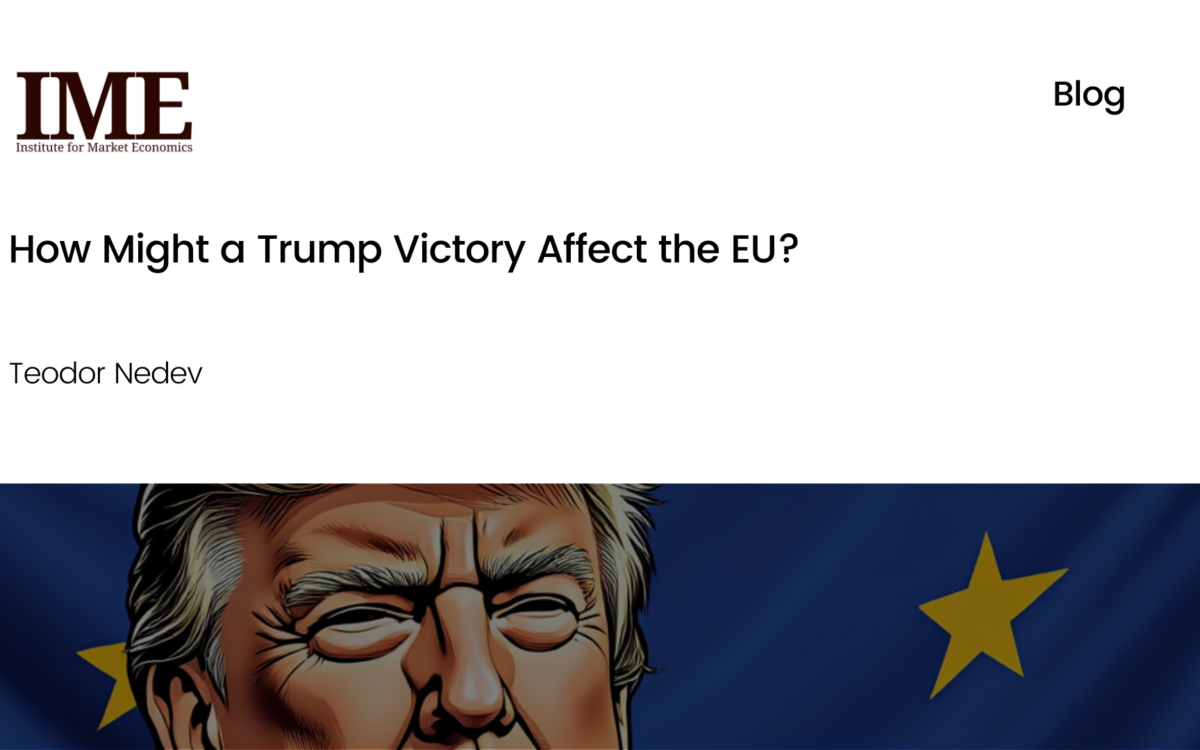The Spanish Nanny State Takes a Step Back

The Spanish Nanny State Takes a Step Back
Juan Angel de Soto // 8 August 2019
As stated in the latest edition of EPICENTER’s Nanny State Index, Spain is one of the freer countries in the EU, coming 6th out of 28 states. More specifically, Spain improved four positions in the 2019 Index with respect to the 2017 edition. However, as with most EU countries, the nanny state in Spain is still very much in place and the fact that it has improved its position in the ranking has less to do with its freer environment than with the worsening of the situation in a number of European countries.
Contrary to other countries, where alcohol and tobacco are the most pressing issues with regards to the ever-growing nanny state, Spain has recently embarked in a war against sugar. The most prominent example of this new surge was the announcement of the Spanish Government, in December of 2016, of the introduction of a new tax on soft drinks in light of the massive national deficit.
Time passed by and the Government shelved the idea, convinced of the fact that this would hurt working-class citizens, as they represent the vast majority of the consumers of such products. Nevertheless, the autonomous community of Catalonia, in a yet-another break from the rest of the country, passed a tax on soft drinks (Impuesto sobre bebidas azucaradas envasadas or EIBB) which came into effect in May of 2017. This tax varies according to the sugar content on the drink, following the recommendations of the World Health Organization in order to disincentivise consumption. More specifically, drinks with 5 to 8 grams of sugar per 100 millilitres are taxed with 0.08 cents; and those with higher doses of sugar are taxed with 0.12 cents.
Between May and December of 2017, revenues were of 22.7 million euros, in 2018, 41.9 million and, from January to March this year, 8.4 million. That is, a total revenue of 73 million euros, about 30 percent lower than the expected target.
Ever since this new tax came into effect, supermarket chains, distribution associations and individual business have complained against it for a number of reasons. For not only it discourages consumption, but also lacks any legal justification. Its design and enforcement was done in a rush, without the pertinent negotiations, etc. It also undermines market unity —as it is superimposed on the VAT, hence being discriminatory and arbitrary —and even unconstitutional— and, overall, it lacks legal security and violates the separation of powers —as this tax law exceeds the powers of the Government of Catalonia.
These complaints were structured in a judicial review made to the High Court of Catalonia (TSJC in Spanish), which recently declared the tax invalid (July 11th, 2019). This is great news for proponents of a drastic reduction of both the size of Government in the EU member states but also that of their paternalistic —nanny-like— tendencies. However, this ruling must be taken cautiously. For it is based not on the tax’s anti-free market and discriminatory foundations but on its deficient processing as legislation. Therefore, once this procedural issue is eventually solved, the tax could be reinstated. In other words, the High Court has not ruled about the more substantial and normative parts of the tax, but on the procedural issues, which makes this a win, but a temporary one.
Furthermore, expectations about a sudden decrease in soft drinks prices after the Court ruling were rapidly put down, as the Government of Catalonia insists that the tax is still valid, in place and being enforced. At the same time, the Government of Catalonia has just announced that it will appeal the court’s ruling.
This whole development shows that fight and even victory against the almighty nanny state is possible. However, success often has weak foundations and there has yet to be a victory based on strong normative arguments in favour of the free market and the free action of enterprises and individuals. And, in this particular case there is also a new lesson to learn from the behaviour of the Government of Catalonia. The rule of law and the separation of powers is of paramount importance.
In the meantime, let us rejoice.
EPICENTER publications and contributions from our member think tanks are designed to promote the discussion of economic issues and the role of markets in solving economic and social problems. As with all EPICENTER publications, the views expressed here are those of the author and not EPICENTER or its member think tanks (which have no corporate view).



